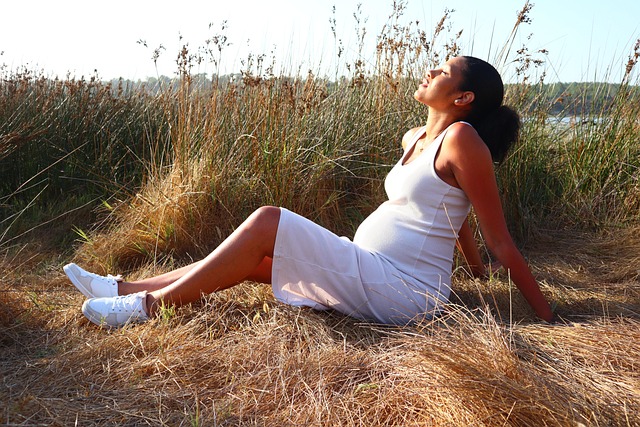Is it really possible to halt or slow down your biological clock? This question often comes up, especially among women concerned about their fertility as they age. Dr. Emily Carter, a reproductive endocrinologist with years of experience, recently discussed this topic on a local morning show, shedding light on egg freezing and its benefits.
Understanding Women’s Fertility and Age
Let’s be honest, 40 isn’t the new 20 when it comes to having kids. While the ideal age for parenthood varies for everyone, female fertility typically starts to decline in the mid to late 30s. As women age, not only does the quantity of eggs decrease, but the quality also diminishes, which can lead to higher risks of miscarriage and genetic abnormalities. However, egg freezing offers a way to “freeze” those eggs at their current quality, preserving their fertility potential for future use.
The Advantage of Egg Freezing
Egg freezing isn’t for every woman, but it can be a lifeline for those who want to secure their fertility options. Dr. Carter suggests that women consider freezing their eggs in their 30s, ideally between ages 30 and 35. The peace of mind that comes from knowing you have viable eggs stored can allow women to focus on their careers and personal lives without the constant worry of reproductive aging. It’s a great way to make thoughtful decisions about starting a family when the time feels right.
How Does the Process Work?
When women choose to use their frozen eggs later, the thawing process is quite effective. Dr. Carter reassures that the eggs typically perform as well as they would have if used immediately after retrieval. While about 10% of eggs may not survive the thaw, quality data shows that those that do are just as viable as fresh ones. It’s crucial to select a reputable fertility center for egg freezing to ensure the best results.
Cost Considerations for Egg Freezing
Like many fertility treatments, egg freezing comes with its costs. However, various financing options and programs are available to make the process more accessible. Most centers, including the one Dr. Carter works with, offer plans that cover monitoring, egg cryopreservation, and the first year of storage.
The Importance of Discussing Fertility Early
Dr. Carter emphasizes that women in their 20s should have conversations with their OB/GYN about their fertility. Simple tests can help gauge reproductive health, allowing women to make informed decisions. For those in their 30s who are considering starting a family, consulting a reproductive endocrinologist about egg freezing can be a wise step.
If you’re curious about more topics related to fertility, you might find our post about using bug spray on infants and toddlers insightful. Also, if you’re exploring options to enhance your fertility, check out these fertility supplements for additional information. Understanding the process of artificial insemination can also provide valuable insights, and you can learn more about it here.
Summary
While you can’t literally stop your biological clock, egg freezing serves as a viable method to preserve your eggs for future use, alleviating some of the pressure women face regarding fertility as they age. With the right information and resources, it’s possible to navigate your reproductive journey more confidently.

